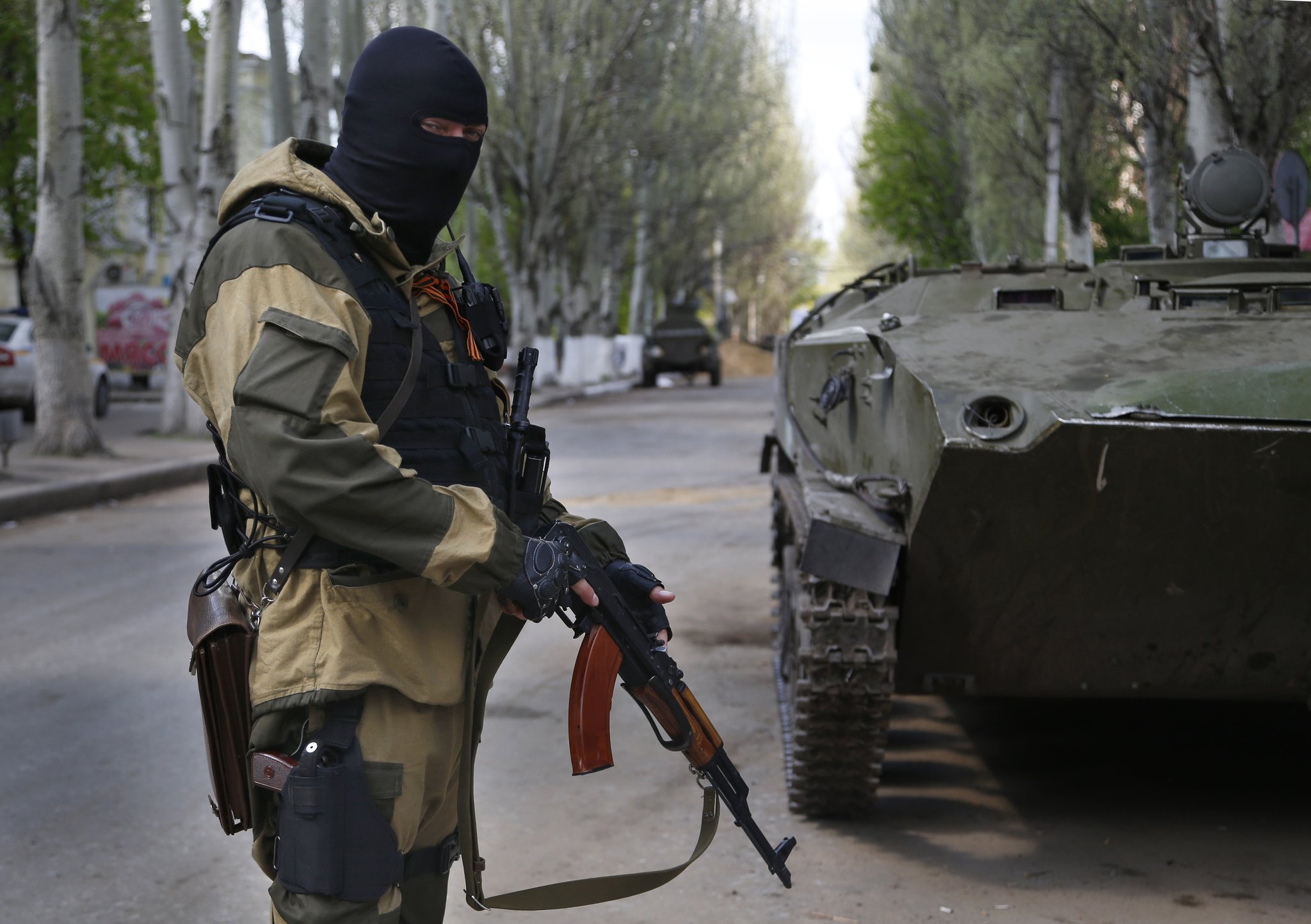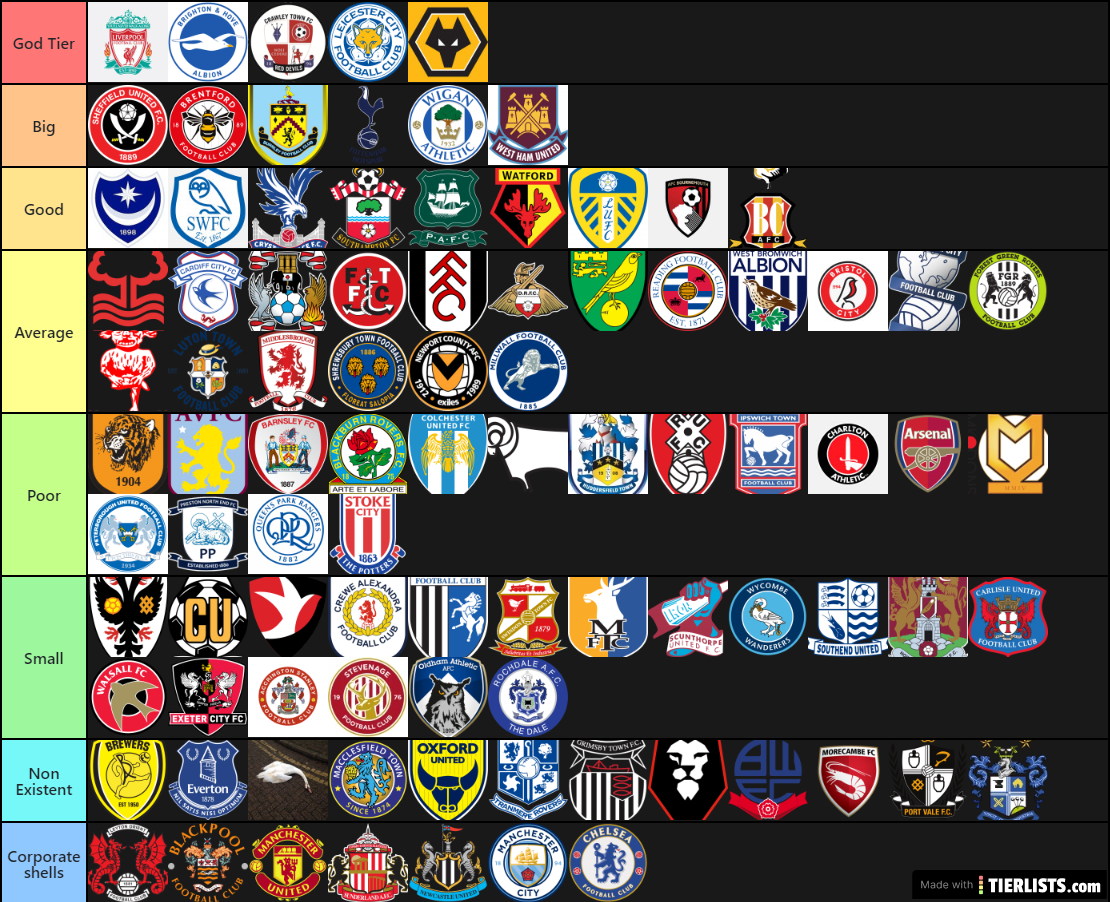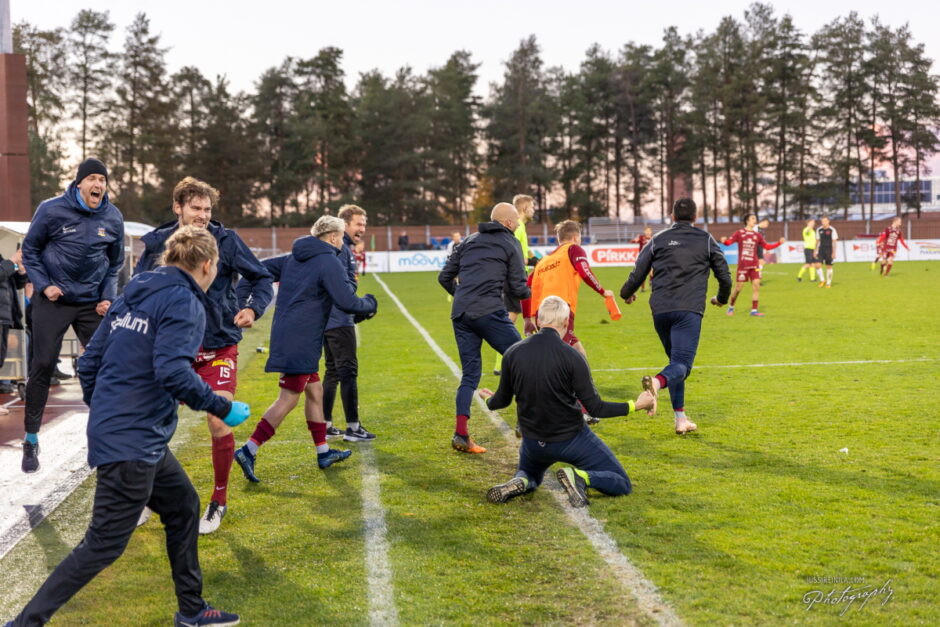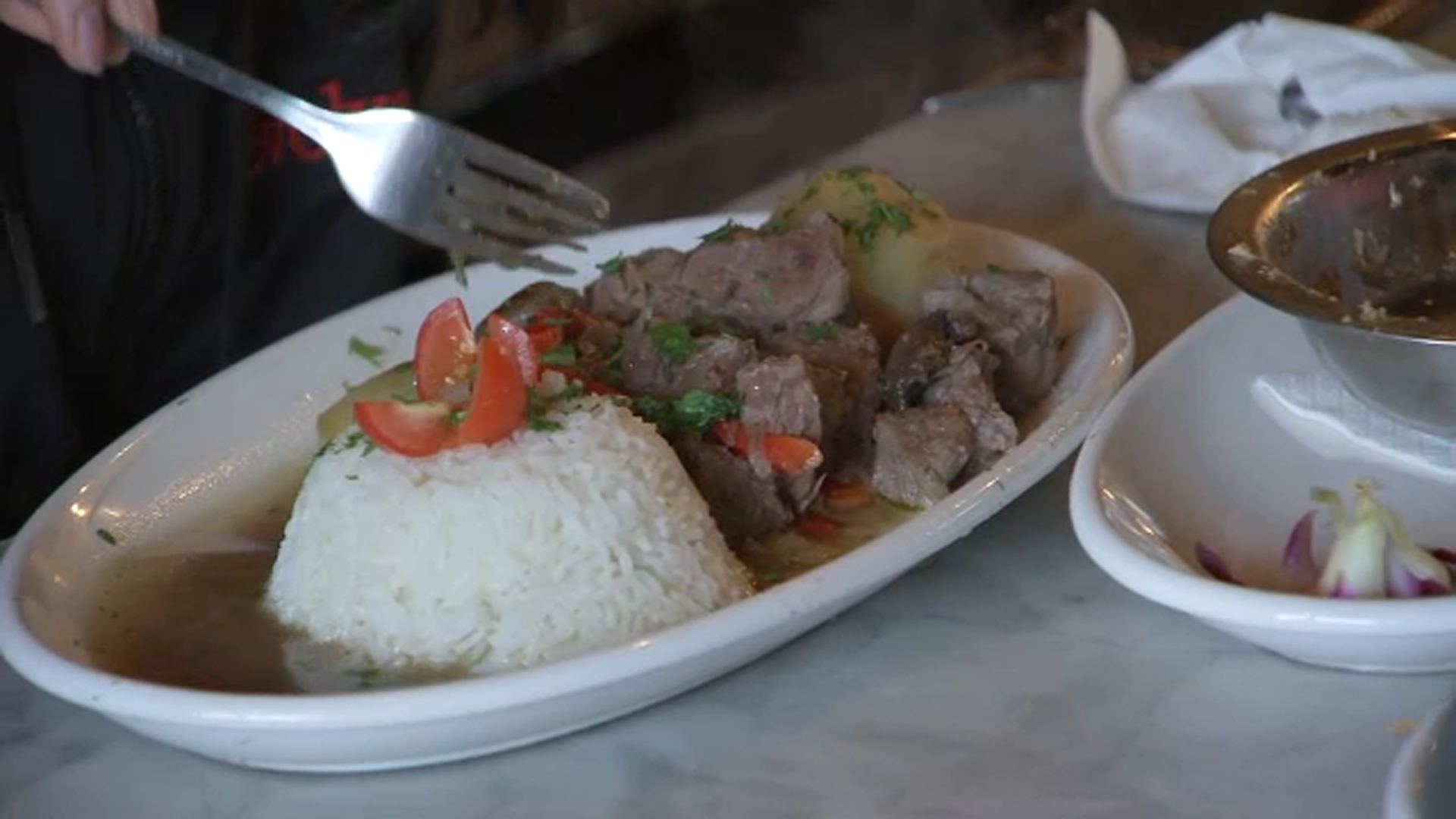Shifting Sands: Trump's Influence On The US And EU's Response To The Russia-Ukraine Conflict

Table of Contents
Trump's Pre-Conflict Relationship with Putin and its Implications
Trump's pre-conflict relationship with Vladimir Putin casts a long shadow over the current crisis. His past actions and statements fostered an environment where Russian aggression was arguably underestimated and Western unity weakened.
Past Praise and Favorable Rhetoric: Trump's public expressions of admiration for Putin were frequent and starkly contrasted with the views of many within the US and EU establishments.
- Examples: Trump repeatedly praised Putin's strong leadership, downplayed Russian interference in the 2016 US election, and questioned the validity of US intelligence reports on Russian aggression.
- Analysis: This rhetoric normalized Putin's actions in the eyes of some, undermining the credibility of warnings about Russian intentions and eroding the resolve of Western allies to confront Russian expansionism. His repeated praise created an image of a close relationship between the two leaders, thereby creating a perception of leniency towards Putin's actions.
Policy Decisions Favoring Russia: Several policy decisions during the Trump administration were perceived as beneficial to Russia, further weakening the West's position.
- Examples: The Trump administration's reluctance to impose strong sanctions on Russia for its annexation of Crimea, its withdrawal from the Intermediate-Range Nuclear Forces (INF) Treaty, and its waffling on providing military aid to Ukraine all contributed to a sense of impunity for the Kremlin.
- Analysis: These actions signaled a lack of strong US commitment to confronting Russian aggression, emboldening Putin and potentially contributing to his decision to launch the full-scale invasion of Ukraine. The perception of weakness significantly hampered efforts to build a unified front against Russian aggression.
The Impact of Trump's Rhetoric on Transatlantic Relations
Trump's presidency significantly impacted transatlantic relations, creating divisions that hampered a cohesive Western response to the Russia-Ukraine conflict.
Erosion of Trust and Cooperation: Trump's frequent criticism of NATO allies and his questioning of the US commitment to the alliance severely damaged transatlantic trust and cooperation.
- Examples: Trump repeatedly called NATO "obsolete," threatened to withdraw the US from the alliance, and demanded that European allies increase their defense spending substantially.
- Analysis: This damaged the credibility of US security guarantees, making European allies hesitant to fully commit to collective defense initiatives against Russia. The erosion of trust made coordinating a united response to the conflict far more challenging.
Rise of Euroscepticism and Nationalist Sentiment: Trump's populist appeal and rhetoric resonated with Eurosceptic and nationalist movements across Europe, further complicating the possibility of a united Western response.
- Examples: The rise of right-wing populist parties in several European countries, often echoing Trump's anti-establishment and anti-globalization narratives, contributed to internal divisions within the EU and made it harder to reach consensus on policy toward Russia.
- Analysis: These movements often prioritize national interests over collective action, hindering the ability of the EU to present a unified and effective response to Russian aggression. The division within the EU, further exacerbated by Trump’s rhetoric, significantly weakened the Western response.
Trump's Potential Influence on Future Responses to the Conflict
The potential for a second Trump presidency and the lingering impact of his legacy continue to shape the geopolitical landscape surrounding the Russia-Ukraine conflict.
Shifting Political Landscape in the US and Europe: A return to power by Trump could significantly alter US foreign policy toward Russia and potentially undermine the current international effort to support Ukraine.
- Examples: A second Trump administration might involve a rollback of sanctions against Russia, a decreased military commitment to supporting Ukraine, and renewed efforts to engage with Putin on terms more favorable to Russia.
- Analysis: This could significantly embolden Russia and complicate efforts by the EU to maintain a united front against further Russian aggression.
Lingering Impacts of Trump's Legacy: The long-term consequences of Trump's influence on transatlantic relations and the West's ability to confront authoritarian regimes remain substantial.
- Examples: Rebuilding trust between the US and its European allies, strengthening NATO, and countering the rise of Eurosceptic and nationalist movements will require significant time and effort.
- Analysis: Addressing the lingering impact of Trump’s legacy requires a conscious effort to restore international norms and rebuild strong transatlantic alliances to effectively address future threats. The path forward necessitates strong leadership and a commitment to collaborative action amongst Western allies.
Conclusion:
In summary, this article has explored Trump's Influence on the US and EU's Response to the Russia-Ukraine Conflict, highlighting the significant and multifaceted impact of his actions and rhetoric. His policies and statements created a climate of division within the West, undermining the collective effort to counter Russian aggression. Understanding Trump's Influence on the US and EU's Response to the Russia-Ukraine Conflict is crucial for navigating the complex geopolitical landscape. Continue the conversation and further your understanding of this critical issue.

Featured Posts
-
 The Hobbit The Battle Of The Five Armies Comparing It To The Book
May 13, 2025
The Hobbit The Battle Of The Five Armies Comparing It To The Book
May 13, 2025 -
 Nba Draft Lottery Winners Quiz 2000 Present
May 13, 2025
Nba Draft Lottery Winners Quiz 2000 Present
May 13, 2025 -
 Efl Highlights Your Guide To The Best Moments
May 13, 2025
Efl Highlights Your Guide To The Best Moments
May 13, 2025 -
 Tekikoe Trump Mokan Byd N Nousu Ja Teslan Uhka
May 13, 2025
Tekikoe Trump Mokan Byd N Nousu Ja Teslan Uhka
May 13, 2025 -
 Natural Fiber Composites Market Global Forecast To 2029
May 13, 2025
Natural Fiber Composites Market Global Forecast To 2029
May 13, 2025
Latest Posts
-
 Nonna Netflix A Food Focused Film Review
May 14, 2025
Nonna Netflix A Food Focused Film Review
May 14, 2025 -
 Netflixs Nonna A Charismatic Food Movie Review
May 14, 2025
Netflixs Nonna A Charismatic Food Movie Review
May 14, 2025 -
 Find The Top Unique Restaurant In New York State
May 14, 2025
Find The Top Unique Restaurant In New York State
May 14, 2025 -
 Understanding Enoteca Maria Nonnas Story And The Restaurants Concept
May 14, 2025
Understanding Enoteca Maria Nonnas Story And The Restaurants Concept
May 14, 2025 -
 The Best And Most Unique Restaurant In All Of New York State
May 14, 2025
The Best And Most Unique Restaurant In All Of New York State
May 14, 2025
